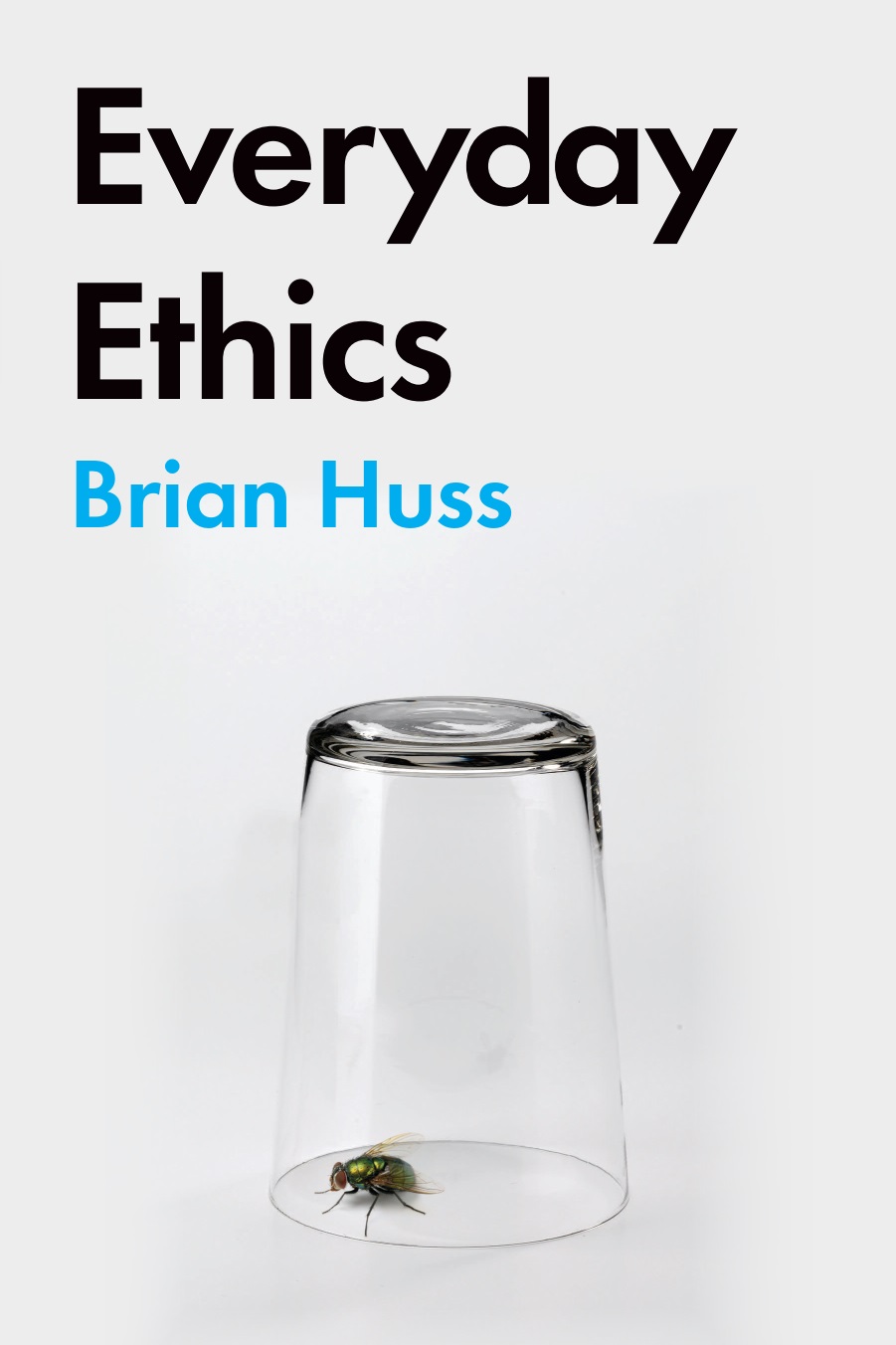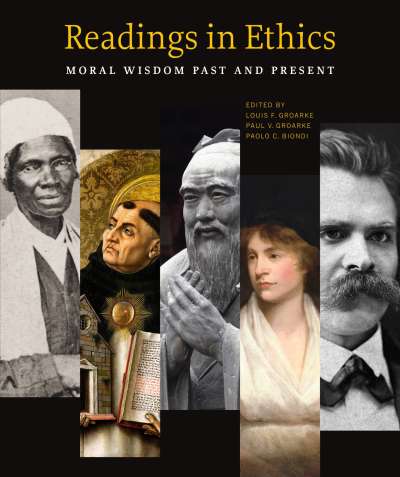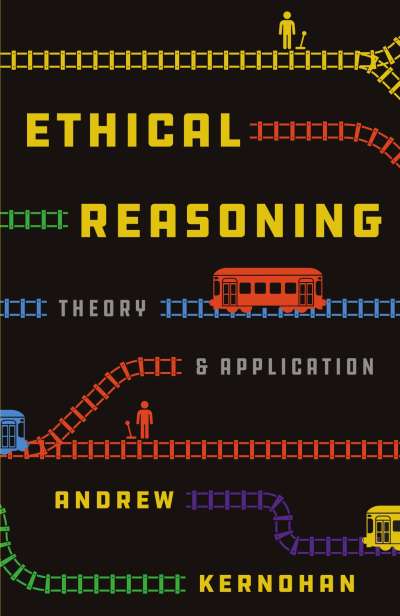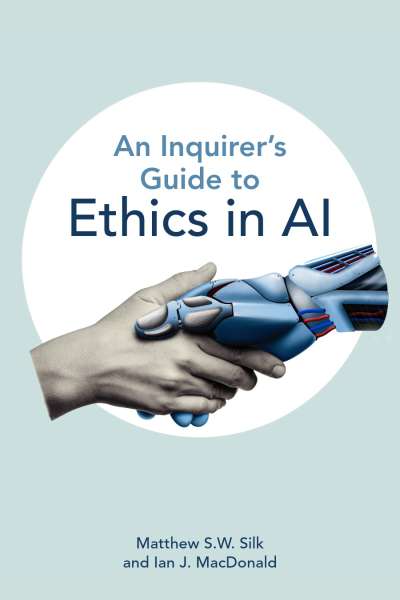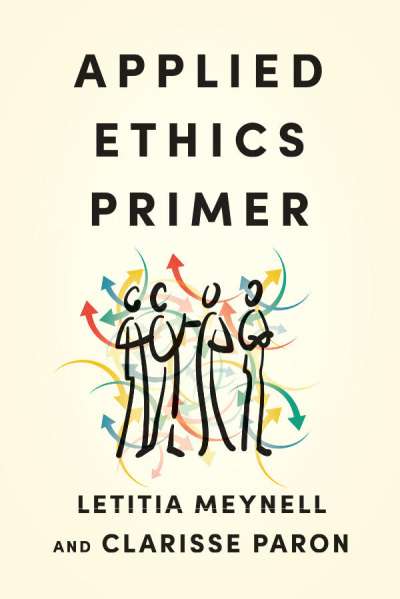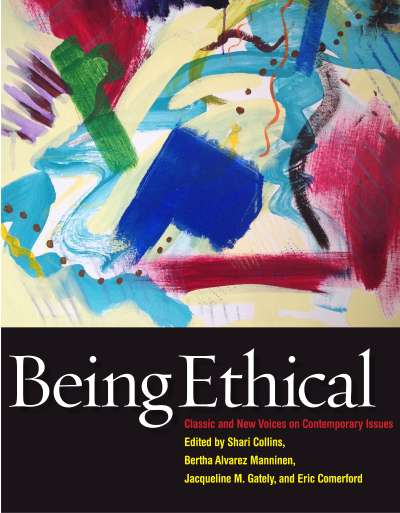Everyday Ethics is an engaging treatment of the ethical questions that we all must answer on a regular basis. Each of the book’s forty chapters provides short pro and con arguments on a particular issue, designed to get readers talking and thinking about obligations, rights, societal expectations, and ethical principles. Instructors are sure to appreciate the way in which Everyday Ethics generates interest and participation from their students on day one. And students will appreciate the opportunity to engage with concerns that actually arise in their day-to-day lives and over which they have control.
Comments
“Is it wrong to not leave a tip? Is it okay to date your friend’s ex? Should we lie to children about Santa Claus? Brian Huss helps students reflect on these and other questions by presenting opposing responses in pro-con format. The book will work well as a discussion starter and also as a catalyst for innovative assignments.” — Nils Rauhut, Coastal Carolina University
“Everyday Ethics provides a unique and engaging way to explore philosophical ethics by focusing on the moral challenges we face in everyday situations. It will surely spark thoughtful discussions in the classroom and beyond.” — Mark Navin, Oakland University
“A key virtue of this book is that, by design, the quality of the arguments presented varies widely. Expecting a beginner to develop a good objection to Judith Jarvis Thomson is a bit like expecting me to deadlift a car. By contrast, many of the arguments in Everyday Ethics provide excellent foils to which students can hope to develop cogent replies.” — Tristram McPherson, The Ohio State University
“Everyday Ethics is an engaging collection of chatty and clearly written essays concisely addressing many ethical problems we encounter in daily life. This book will whet its reader’s appetite for philosophical reflection on quotidian ethics, though it is anything but quotidian.” — Anthony Skelton, Western University

